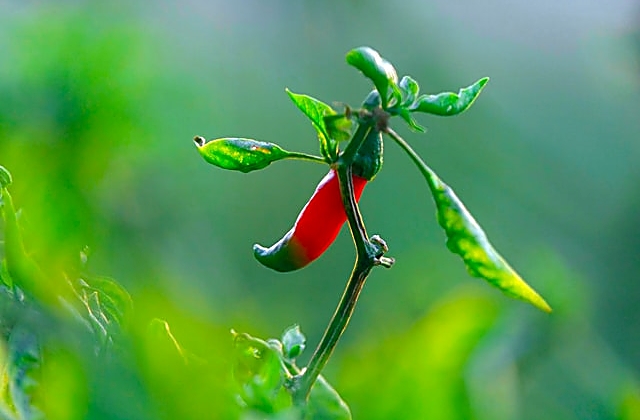Best Vegetables to Plant in Winter

Winter vegetable gardening can be a rewarding experience for those who are interested in growing their own vegetables. Vegetable gardening is a great way to provide your family with fresh vegetables throughout the year. If you have never planted vegetables before, learning about the best vegetables to plant in winter can help you enjoy the experience more than you might imagine. There are many different varieties of vegetables that are best for growing in winter, but some are easier to grow than others. Most people have no idea how much time they have to devote to their vegetables gardening in the winter time, so here is a simple guide to getting started.
Some types of vegetables like onsies and dandelion root can survive the frost, but most will not. Onychos, or “dandelion root” as it is commonly called, grows very well even in the depths of the winter. The root tends to reach up to ten inches long when fully grown. Dandelion roots can be used in a variety of recipes including root vegetables, carrots, potatoes, peas, corn, and more. Dandelion is also a popular ingredient in gourmet foods such as breads, sauces, and dressings.
Another type of vegetable that is good to start growing in the winter months is leafy greens. This means spinach, kale, bok choy, turnips, cabbage, and collard greens. These vegetables are easy to maintain, so you won’t have any special cleaning or care issues associated with them in the winter. Since they grow fairly tall, you should consider spacing them apart at least three feet. This will give them enough room to grow without being crowded.
Other vegetables that are best to plant in the winter months include tomatoes, squash, and berries. Tomatoes do very well in the winter months because they enjoy the cold weather and eating tomatoes in the winter makes it more enjoyable for you and your family. If you have some space available, you might want to consider planting strawberries in the fall. However, if you live in an apartment or have limited outdoor space, you may only be able to grow strawberries indoors due to the insects that are very common in the wintertime. Raspberries can also do well in the winter months as well if you have an enclosed greenhouse.
One thing that you should remember about growing vegetables in the winter months is that it is not a good idea to try and plant everything in the winter. There is usually too much moisture in the soil for your plants to really take advantage of. It is a good idea to plant your vegetables in the summer so that they will have all the moisture they need but will also be well fed in the winter. This will prevent your plants from becoming stressed when the winter arrives. In addition, the warmer weather will make it easier for your vegetables to become established in the soil and get off of the ground.
For those who are considering vegetables gardening in the winter months it may be a good idea to talk to someone in your local nursery. The professionals have been there for many years and know what needs to be done to protect your plants during this time of the year. It will not only be easier for you but they can also give you some pointers as to what you can plant in the winter. There are many vegetables that can be grown year-round, but some require the soil to be frozen. This is not something that most gardeners are familiar with so it will help if you speak to a professional who can advise you on which plants can handle the freezing temperatures. You may want to talk to a few different people so that you know that you are getting the advice that best suits your needs.
If you want to be able to enjoy your vegetables all year long then there are a few other things that you will need to keep in mind. Keep in mind that you are going to want to dig the hole a little deeper than normal when you are digging your vegetable patch. You do not want to be digging a hole that you cannot fill. You are going to want to start your planting about four to six inches deep so that the soil will go down deep enough to hold in the water. You should leave a three to four inch gap between the dirt and the top of the plants. Be sure to place the pots on their sides so that they can still breathe while the soil is settling.
You may also want to buy some winter vegetable seeds that you can place in the holes that you have just dug. These seeds will be able to survive the cold winter months until next year. Vegetables gardening in the winter months is a great idea because you will be able to provide healthy, fresh food for your family. Most people will wait until spring to get started planting their vegetables but if you want to be sure then you should start before January first. That way you will be prepared for the winter.